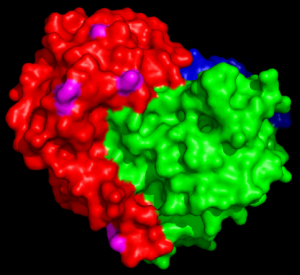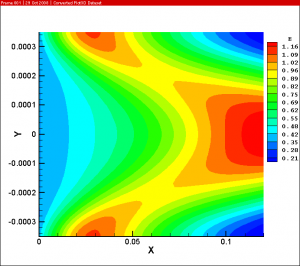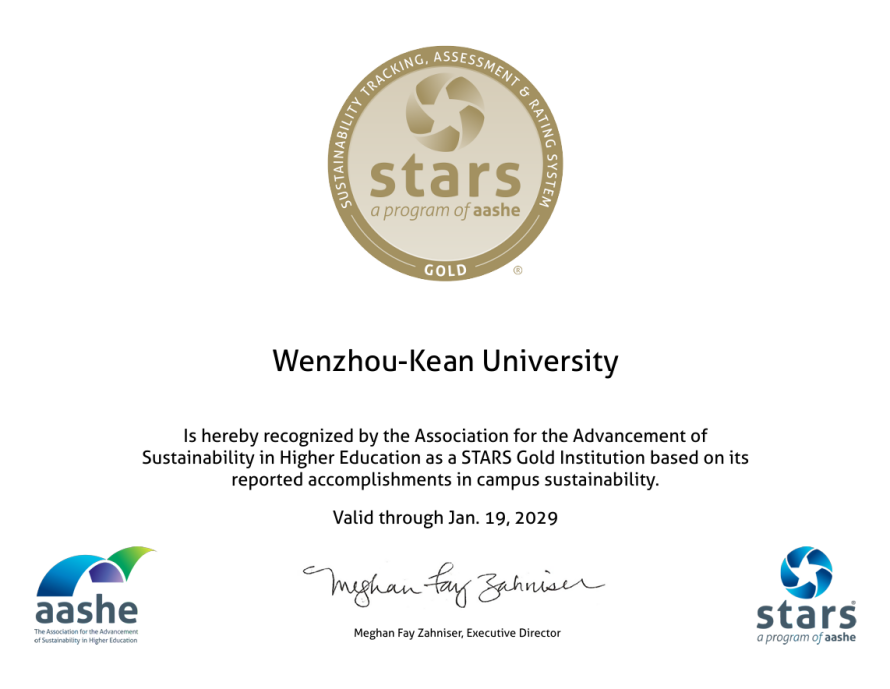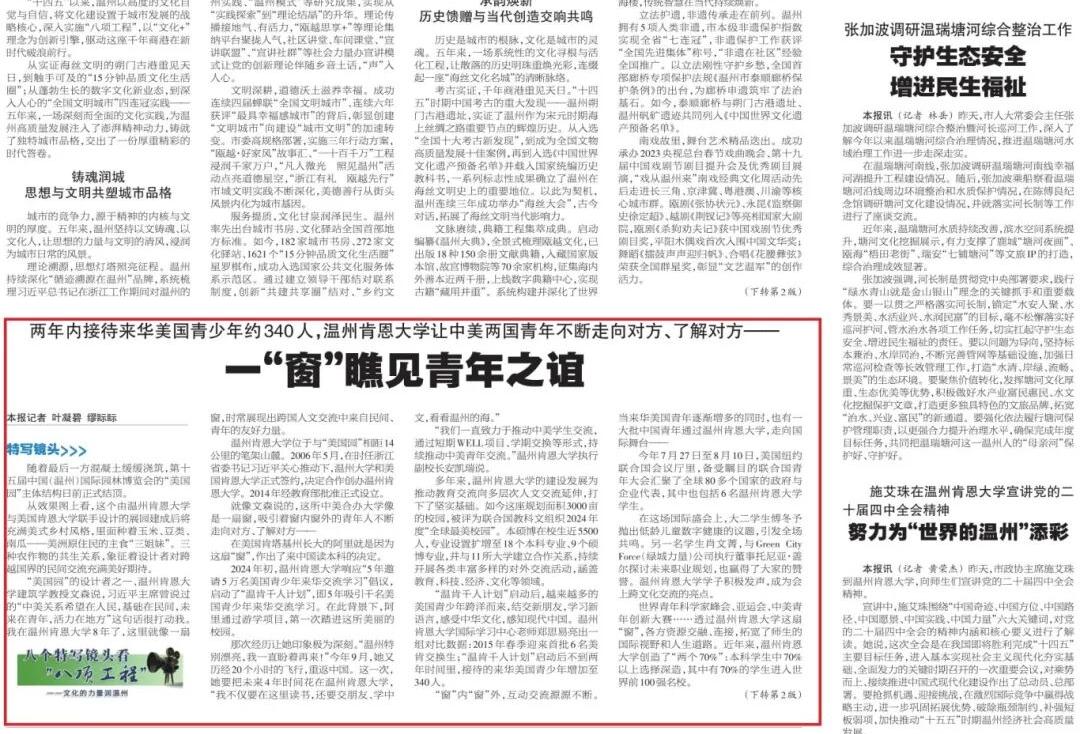NEWS: WKU Biological Science and Computer Science Researchers Won the Award from Zhejiang Provincial Natural Science Foundation.
NEWS: WKU Biological Science and Computer Science Researchers Won the Award from Zhejiang Provincial Natural Science Foundation.
Yu Meng
The interdisciplinary research team of Wenzhou-Kean University led by Dr. Yu Meng from biological sciences and Dr. Changjiang Zhang from computer sciences has been awarded 80,000 RMB from Zhejiang Provincial Natural Science Foundation (ZJNSF) (Project number: LY16H080008). The awarded project starting from Jan, 2016 till Dec, 2018 focuses on developing the novel drug delivery system for neurological disorders as one of the greatest threats to public health.
The protective role of blood-brain barrier presents a major challenge to effective treatment of neurological disorders. It has been reported by Dr. Yu Meng when she was working at Rutgers University in the US that a novel synthetic peptide (K16ApoE) can significantly increase the delivery of protein therapeutics into the brain in a neurological disorder LINCL. In collaboration with Dr. Songfu Jiang from No. 1 Hospital affiliated with Wenzhou Medical University to examine the potential of the novel peptide as the universal drug delivery system for various neurological disorders, the current research is aiming to evaluate the efficacy of the novel delivery system in carrying drug to treat central nervous system leukemia. Meanwhile, the development of computer simulation model to optimize the delivery system will offer enormous research opportunities for undergraduate students from computer science major. The awarded research represents critical but straightforward first steps to examine the clinical potential of the novel delivery system. The success in the study will be a major breakthrough, changing the way we think about therapy for neurological disorders.
Figure 1. Covalent attachment of novel peptide carrier (K16ApoE) to protein therapeutics (TPP1).

Figure 2. The distribution of Fibroblast growth factor 2 (FGF-2) in vitro via computer simulation.

- Wenzhou-Kean University Spearheading Sustainability in Higher Education in Asia and in China, Awarded the AASHE STARS Gold-Certified in Sustainability

- Media Report | Wenzhou Daily: A Window into Friendship Between Chinese and U.S. Youths Wenzhou-Kean University Welcomes 340 Young Americans in Two Years

- WKU Student wins first prize in a national English speech contest: What is his answer to the value of boredom?


